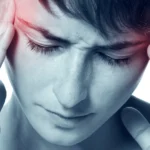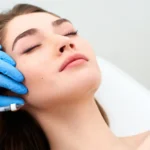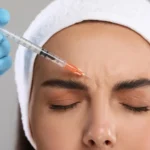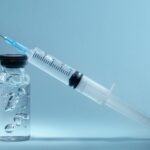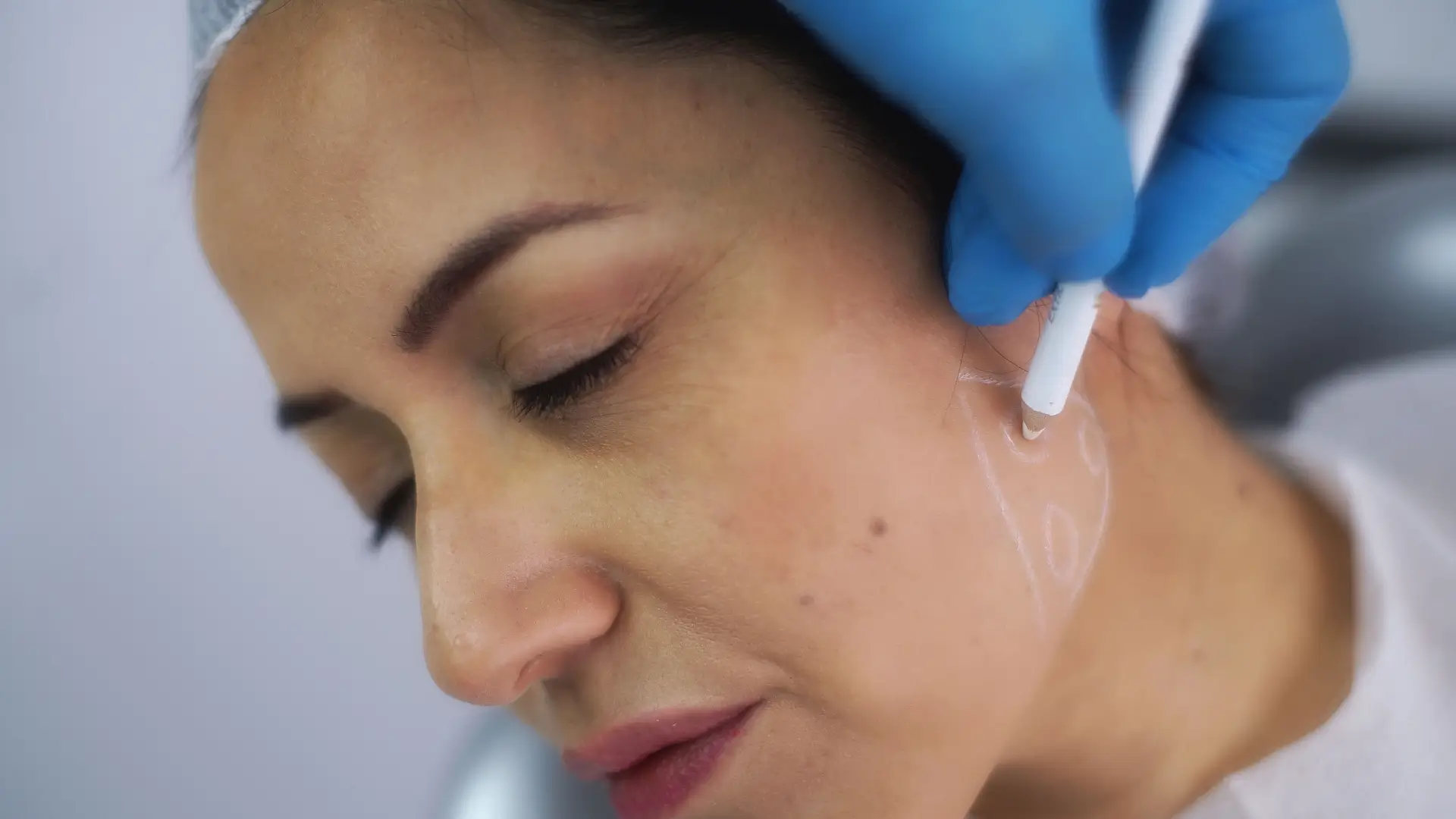

According to Zieliński et al. (2024), temporomandibular disorders (TMDs) are significant in the global health landscape, with an incidence rate of 34% in the world population. This rate underscores the prevalence of TMDs, particularly among individuals aged 18 to 60 and the most exposed age group to these disorders.
Temporomandibular joint disorder (TMJ) restricts jaw movement and frequently results in chronic pain. One effective solution is Botulinum toxin type A injections, such as Dysport. Administered via intramuscular injection into the affected jaw muscle, Dysport treatment temporarily relieves those suffering from TMJ.
This article will delve into temporomandibular joint disorder, Dysport for TMJ management, proper injection administration, and patient selection criteria.
Key Takeaways
- Patients’ pain associated with TMJ may be due to genetics, arthritis, or jaw injury.
- Dysport requires an intramuscular injection to the masseter muscle to reduce overactivity in the area.
- In selecting patients for Dysport therapy, medical professionals must consider various factors, such as TMJ condition, patient characteristics, current medications, and patients’ overall health.
- Combined treatment modalities can provide more effective pain relief and improved quality of life.
About: Medica Depot is your trusted all-in-one supplier, offering a range of high-quality medical injectables and supplies. If you’re looking to buy Dysport online, our dedicated sales agents can give you proper guidance. We offer a worry-free experience in searching for the best and most popular products on the market. Whether for health professionals, plastic surgeons, dermatologists, licensed estheticians, or other specialists, we can offer genuine, brand-name products you may need. With Medica Depot, we prioritize serving you better to improve the patient’s quality of life.
Understanding Temporomandibular Joint (TMJ) Disorders
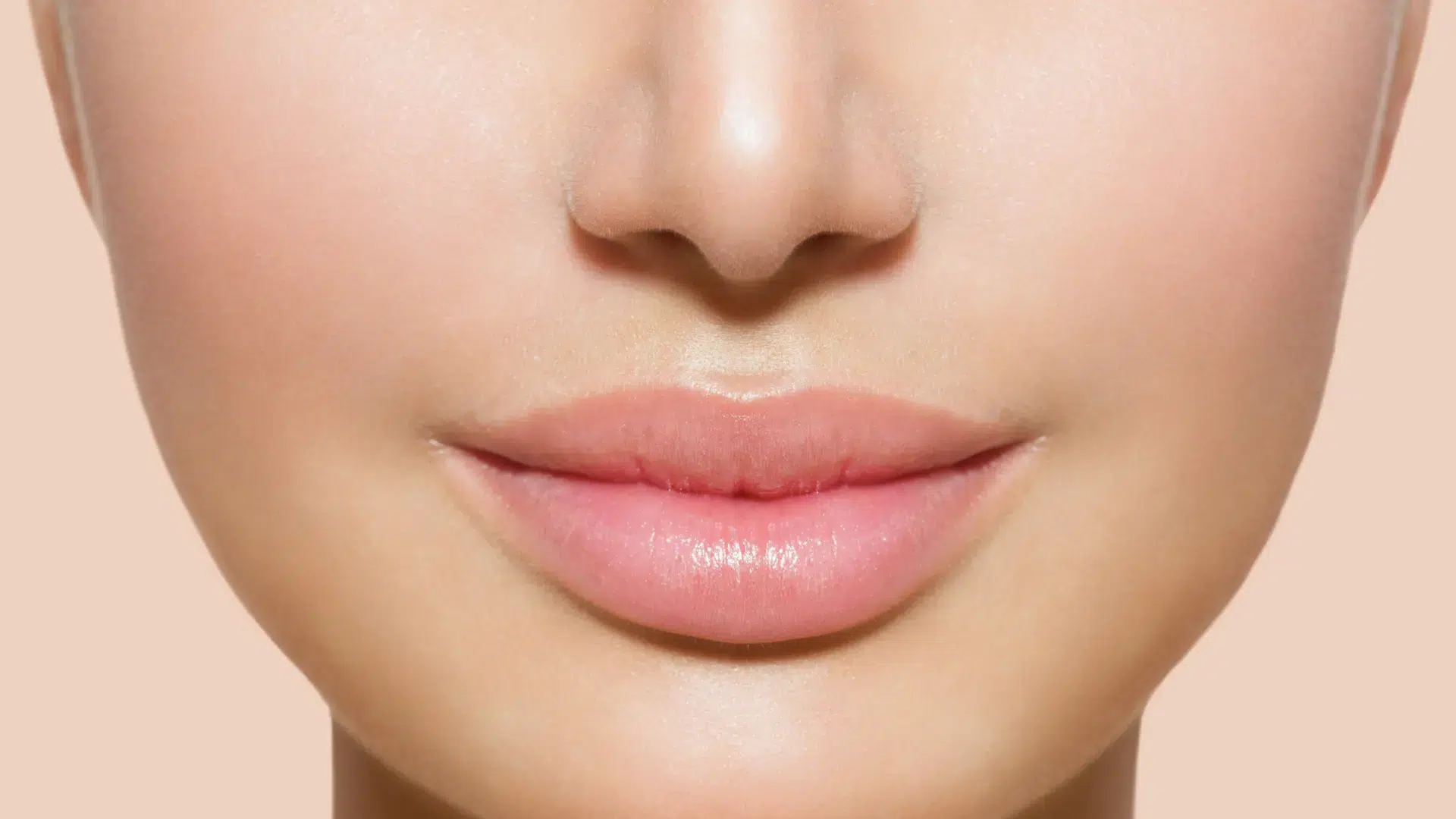
TMJ disorder is a condition that affects the jaw joint and surrounding muscles, causing chronic jaw pain and difficulty opening and closing the mouth. The TMJ connects the mandible to the skull, promoting movements like chewing and speaking. Fibrocartilage lines its articular surfaces, which makes it unique.
The exact cause of TMJ may be challenging to determine. Patients’ pain may be due to genetics, arthritis, or jaw injury. Other causes may be from various factors, such as teeth grinding or bruxism, stress, or malocclusion. In helping medical professionals assess if patients suffer from TMJ disorder, here are several symptoms they may have experienced.
- Pain or tenderness of your jaw
- Pain in one or both of the temporomandibular joints
- Aching pain in and around your ear
- Difficulty chewing or pain while chewing
- Aching facial pain
- Locking of the joint, making it difficult to open or close your mouth
The Role of Dysport in TMJ Management
Dysport injections contain botulinum toxin type A, which blocks the acetylcholine neurotransmitter responsible for muscle contraction. When the blockage of acetylcholine happens, muscle contraction reduces, and muscle relaxation occurs.
This non-surgical solution requires an intramuscular injection to the masseter muscle to reduce overactivity in the area. Dysport can minimize tension and pain associated with TMJ, temporarily improving jaw mobility and patient comfort.
Limited clinical studies are readily available online, and a review by Ataran et al. (2017) revealed that injecting botulinum toxin type A in lateral pterygoid muscle would decrease clicks and other TMJ-related disorders such as pain, hyperactivity, and dysfunction.
Administration of Dysport for TMJ
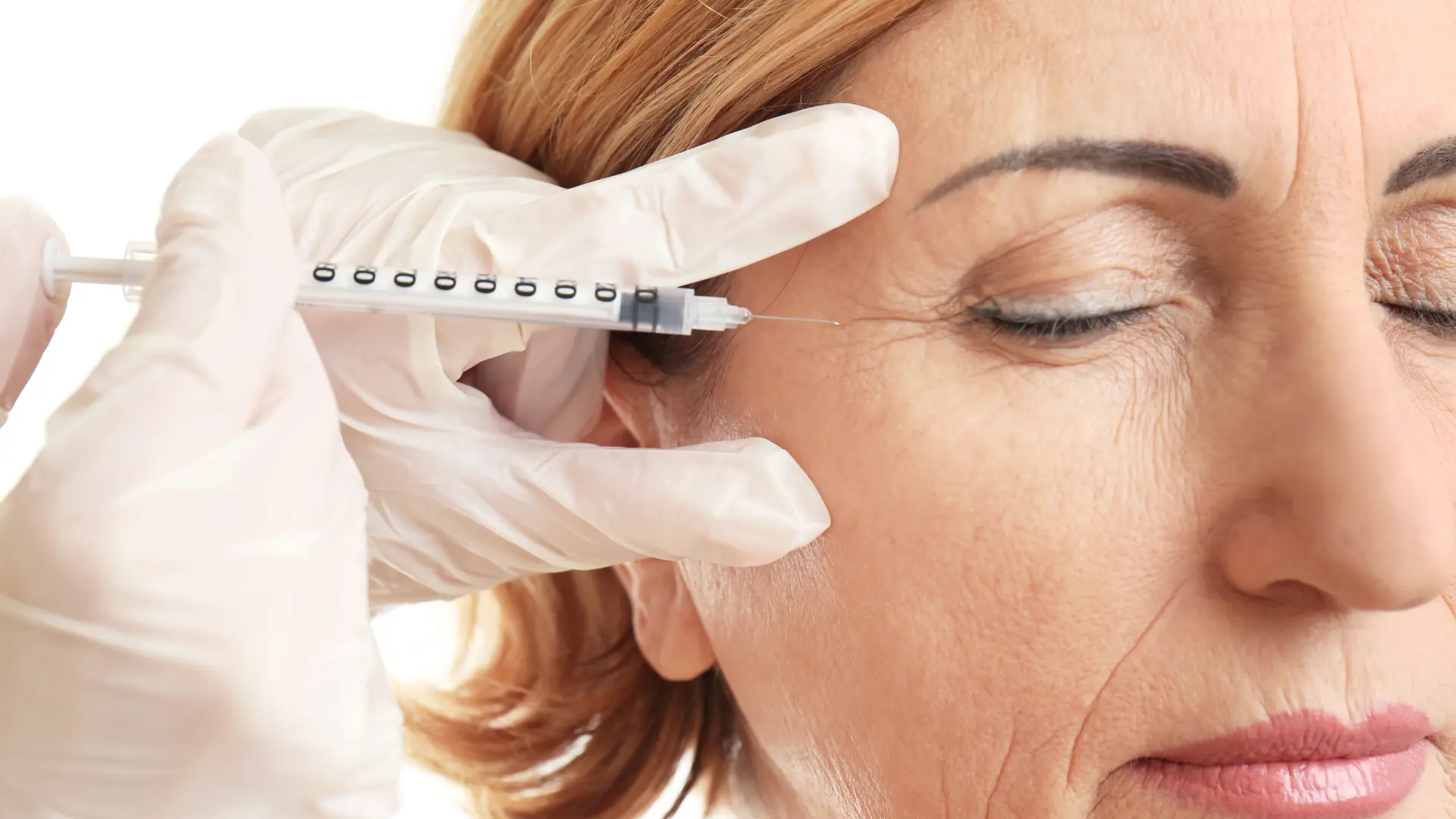
The Dysport injection targets the masseter muscle, which controls the jaw. The procedure involves inserting a small needle into the muscle and injecting the Dysport. Medical professionals know the most appropriate injection site to treat TMJ disorder.
The particular Dysport dosing for TMJ may not have specific information online, but healthcare providers know the solution’s best injection and administration technique for each patient. Each Dysport indication requires a particular dosage; however, providers can determine the appropriate dosage for off-label uses such as TMJ.
- Cervical Dystonia: 500 Units
- Glabellar or Frown Lines: Atotal dose of 50 Units
- Upper and Lower Limb Spasticity in Adults: Between 500 and 1000 Units and up to 1500 Units
- Upper and Lower Limb Spasticity in Pediatric Patients: The recommended dosage for upper limb spasticity is 8 Units/kg to 16 Units/kg per limb and must not exceed 16 Units/kg or 640 Units. Lower limb spasticity requires 10 Units/kg to 15 Units/kg per limb, with a total dose per treatment session.
Patients may expect temporary side effects after Dysport treatments. With a medical professional’s guidance, they can effectively manage these symptoms to avoid further complications. However, if these potential Dysport side effects persist, patients must seek medical attention immediately.
- Stuffy or runny nose and sore throat
- Headache
- Drooping eyelids
- Injection site pain
- Injection site reaction
- Sinus infection
- Upper respiratory infection
- Blood in urine
- Swelling of eyelids
- Nausea
Patient Selection and Treatment Expectations

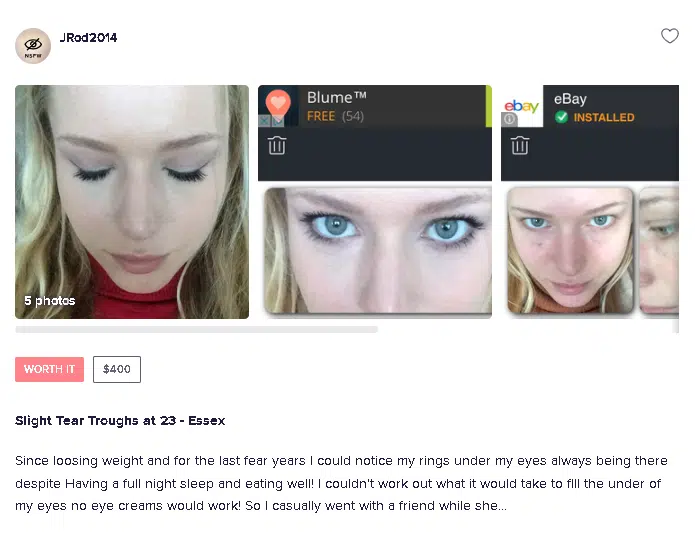
In selecting patients for Dysport therapy, medical professionals must consider various factors, such as TMJ condition, patient characteristics, current medications, and patients’ overall health. Moreover, the injection has several contraindications that providers must remember to ensure a safe procedure.
- Hypersensitivity to any botulinum toxin product or excipients
- Hypersensitivity to cow’s milk protein
- Infection at the proposed injection site(s)
Effective communication is critical to managing patient expectations. Medical professionals should discuss with patients how Dysport can help, the procedure, potential risks, and following proper Dysport post care instructions. Moreover, it’s worth noting that Dysport for TMJ needs further research evidence and approval.
Long-term management of TMJ with Dysport requires monitoring post-injection recovery and ensuring strict adherence to physiotherapy protocols for optimal outcomes.
Integrating Dysport Therapy with Other TMJ Interventions
Providers can integrate Dysport therapy with other TMJ interventions for a comprehensive treatment approach, including physical therapy, dental interventions, and lifestyle modifications. Dysport can relax overactive muscles, while physical therapy helps improve jaw mobility. A collaborative approach involving dental professionals ensures comprehensive TMJ care, as it can address other aspects of the condition.
Combined treatment modalities can provide more effective pain relief and improved quality of life. However, the complexity of TMJ disorders necessitates careful patient selection and personalized treatment plans. Only medical professionals should supervise this off-label use to avoid severe risks for patients.
Conclusion
Dysport is a neuromodulator used to smooth frown lines and off-label to manage TMJ disorders. It requires an appropriate injection into the overactive masseter muscles involved in chewing with the proper Dysport dosing. Selecting patients for Dysport therapy involves considering patient factors, characteristics, and TMJ severity.
Medical professionals may suggest integrating Dysport therapy with other TMJ interventions for a comprehensive treatment approach. Moreover, patients need to consult and communicate with their providers thoroughly to address their TMJ concerns efficiently and fully understand the risks and benefits of this non-surgical treatment.
FAQs
1. What is Dysport, and how does it help with TMJ?
Dysport is a botulinum toxin type A injection that blocks the acetylcholine neurotransmitter responsible for muscle contraction. Dysport can relax the muscles and minimize tension and pain associated with TMJ, temporarily improving jaw mobility and patient comfort.
2. What are the symptoms of TMJ disorder?
TMJ disorder is a condition that affects the jaw joint and surrounding muscles, causing chronic jaw pain and difficulty opening and closing the mouth. Symptoms may include pain or tenderness of your jaw, pain in one or both of the temporomandibular joints, difficulty chewing or pain while chewing, etc.
3. What are the potential side effects of Dysport treatments?
Patients may expect temporary side effects after Dysport treatments. These may include a stuffy or runny nose and sore throat, headache, drooping eyelids, injection site pain, injection site reaction, sinus infection, upper respiratory infection, blood in urine, swelling of eyelids, and nausea.
References
- Grzegorz Zieliński, Pająk-Zielińska, B., & Michał Ginszt. (2024). A Meta-Analysis of the Global Prevalence of Temporomandibular Disorders. Journal of Clinical Medicine, 13(5), 1365–1365. https://doi.org/10.3390/jcm13051365
- Cleveland Clinic. (2021, June 21). Temporomandibular Joint (TMJ) Disorders: Symptoms, Treatment & Prevention. Cleveland Clinic. https://my.clevelandclinic.org/health/diseases/15066-temporomandibular-disorders-tmd-overview
Aesthetic supplies USA refers to products and equipment used in the field of aesthetic medicine and cosmetic treatments that are available for purchase in the United States. These supplies encompass a wide range of items necessary for various aesthetic procedures and treatments conducted by professionals such as dermatologists, plastic surgeons, aestheticians, and other qualified practitioners.
Examples of aesthetic supplies include:
-
Dermal Fillers: Injectable substances used to restore volume and reduce wrinkles.
-
Botulinum Toxin (Botox): Injectables used to temporarily relax facial muscles and reduce wrinkles.
-
Laser Devices: Equipment used for hair removal, skin rejuvenation, tattoo removal, and other laser treatments.
-
Chemical Peels: Solutions applied to the skin to exfoliate and improve texture.
-
Microdermabrasion Devices: Tools used for mechanical exfoliation to rejuvenate skin.
-
Microneedling Devices: Devices that create tiny punctures in the skin to stimulate collagen production.
-
Cosmeceuticals: Skincare products that contain biologically active ingredients with pharmaceutical-like benefits.
-
Sterilization and Disinfection Products: Essential for maintaining hygiene and preventing infections in clinical settings.
